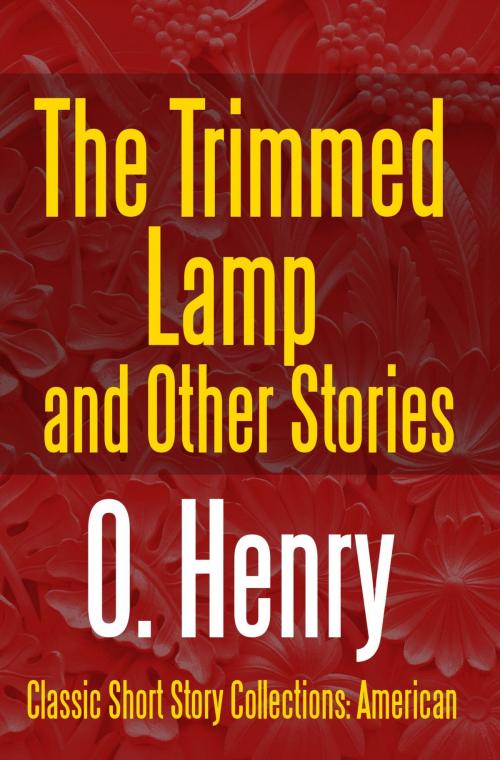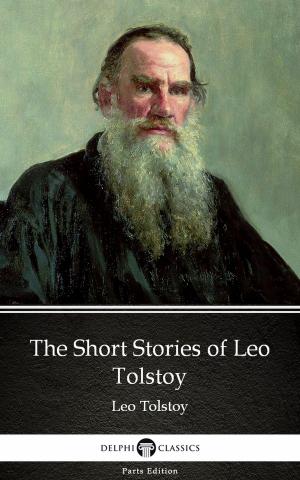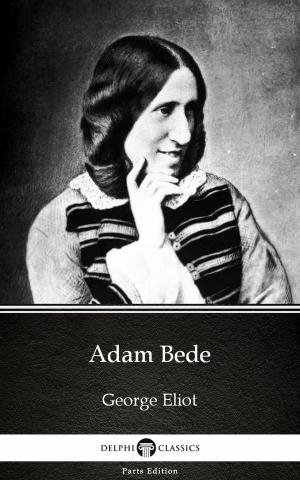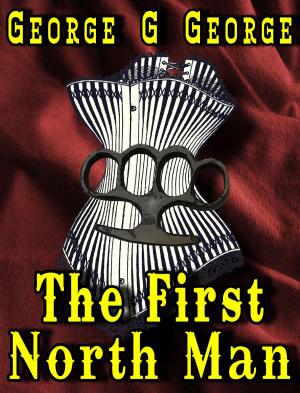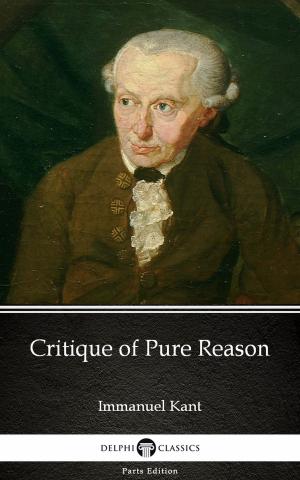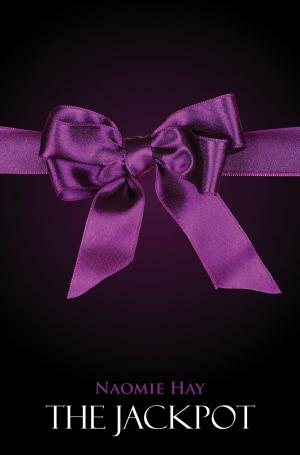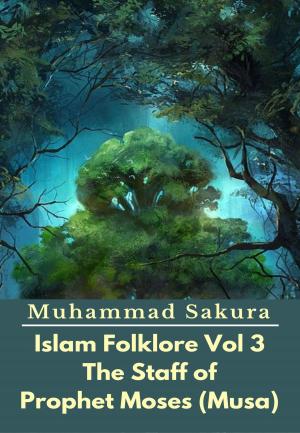| Author: | O. Henry | ISBN: | 9781387079780 |
| Publisher: | PublishDrive | Publication: | July 3, 2017 |
| Imprint: | Midwest Journal Press | Language: | English |
| Author: | O. Henry |
| ISBN: | 9781387079780 |
| Publisher: | PublishDrive |
| Publication: | July 3, 2017 |
| Imprint: | Midwest Journal Press |
| Language: | English |
William Sydney Porter (September 11, 1862 - June 5, 1910), known by his pen name O. Henry, was an American short story writer. O. Henry's short stories are known for their surprise endings.
He was born in Greensboro, North Carolina. He changed the spelling of his middle name to Sydney in 1898.
A collection of Short Storys by William Sydney Porter (O. Henry)
THE TRIMMED LAMP
A MADISON SQUARE ARABIAN NIGHT
THE RUBAIYAT OF A SCOTCH HIGHBALL
THE PENDULUM
TWO THANKSGIVING DAY GENTLEMEN
THE ASSESSOR OF SUCCESS
THE BUYER FROM CACTUS CITY
THE BADGE OF POLICEMAN O'ROON
BRICKDUST ROW
THE MAKING OF A NEW YORKER
VANITY AND SOME SABLES
THE SOCIAL TRIANGLE
THE PURPLE DRESS
THE FOREIGN POLICY OF COMPANY 99
THE LOST BLEND
A HARLEM TRAGEDY
"THE GUILTY PARTY"
ACCORDING TO THEIR LIGHTS
A MIDSUMMER KNIGHT'S DREAM
THE LAST LEAF
THE COUNT AND THE WEDDING GUEST
THE COUNTRY OF ELUSION
THE FERRY OF UNFULFILMENT
THE TALE OF A TAINTED TENNER
ELSIE IN NEW YORK
THE TRIMMED LAMP (excerpt)
Of course there are two sides to the question. Let us look at the other. We often hear "shop-girls" spoken of. No such persons exist. There are girls who work in shops. They make their living that way. But why turn their occupation into an adjective? Let us be fair. We do not refer to the girls who live on Fifth Avenue as "marriage-girls."
Lou and Nancy were chums. They came to the big city to find work because there was not enough to eat at their homes to go around. Nancy was nineteen; Lou was twenty. Both were pretty, active, country girls who had no ambition to go on the stage.
The little cherub that sits up aloft guided them to a cheap and respectable boarding-house. Both found positions and became wage-earners. They remained chums. It is at the end of six months that I would beg you to step forward and be introduced to them. Meddlesome Reader: My Lady friends, Miss Nancy and Miss Lou. While you are shaking hands please take notice—cautiously—of their attire. Yes, cautiously; for they are as quick to resent a stare as a lady in a box at the horse show is.
Lou is a piece-work ironer in a hand laundry. She is clothed in a badly-fitting purple dress, and her hat plume is four inches too long; but her ermine muff and scarf cost $25, and its fellow beasts will be ticketed in the windows at $7.98 before the season is over. Her cheeks are pink, and her light blue eyes bright. Contentment radiates from her.
Nancy you would call a shop-girl—because you have the habit. There is no type; but a perverse generation is always seeking a type; so this is what the type should be. She has the high-ratted pompadour, and the exaggerated straight-front. Her skirt is shoddy, but has the correct flare. No furs protect her against the bitter spring air, but she wears her short broadcloth jacket as jauntily as though it were Persian lamb! On her face and in her eyes, remorseless type-seeker, is the typical shop-girl expression. It is a look of silent but contemptuous revolt against cheated womanhood; of sad prophecy of the vengeance to come...
William Sydney Porter (September 11, 1862 - June 5, 1910), known by his pen name O. Henry, was an American short story writer. O. Henry's short stories are known for their surprise endings.
He was born in Greensboro, North Carolina. He changed the spelling of his middle name to Sydney in 1898.
A collection of Short Storys by William Sydney Porter (O. Henry)
THE TRIMMED LAMP
A MADISON SQUARE ARABIAN NIGHT
THE RUBAIYAT OF A SCOTCH HIGHBALL
THE PENDULUM
TWO THANKSGIVING DAY GENTLEMEN
THE ASSESSOR OF SUCCESS
THE BUYER FROM CACTUS CITY
THE BADGE OF POLICEMAN O'ROON
BRICKDUST ROW
THE MAKING OF A NEW YORKER
VANITY AND SOME SABLES
THE SOCIAL TRIANGLE
THE PURPLE DRESS
THE FOREIGN POLICY OF COMPANY 99
THE LOST BLEND
A HARLEM TRAGEDY
"THE GUILTY PARTY"
ACCORDING TO THEIR LIGHTS
A MIDSUMMER KNIGHT'S DREAM
THE LAST LEAF
THE COUNT AND THE WEDDING GUEST
THE COUNTRY OF ELUSION
THE FERRY OF UNFULFILMENT
THE TALE OF A TAINTED TENNER
ELSIE IN NEW YORK
THE TRIMMED LAMP (excerpt)
Of course there are two sides to the question. Let us look at the other. We often hear "shop-girls" spoken of. No such persons exist. There are girls who work in shops. They make their living that way. But why turn their occupation into an adjective? Let us be fair. We do not refer to the girls who live on Fifth Avenue as "marriage-girls."
Lou and Nancy were chums. They came to the big city to find work because there was not enough to eat at their homes to go around. Nancy was nineteen; Lou was twenty. Both were pretty, active, country girls who had no ambition to go on the stage.
The little cherub that sits up aloft guided them to a cheap and respectable boarding-house. Both found positions and became wage-earners. They remained chums. It is at the end of six months that I would beg you to step forward and be introduced to them. Meddlesome Reader: My Lady friends, Miss Nancy and Miss Lou. While you are shaking hands please take notice—cautiously—of their attire. Yes, cautiously; for they are as quick to resent a stare as a lady in a box at the horse show is.
Lou is a piece-work ironer in a hand laundry. She is clothed in a badly-fitting purple dress, and her hat plume is four inches too long; but her ermine muff and scarf cost $25, and its fellow beasts will be ticketed in the windows at $7.98 before the season is over. Her cheeks are pink, and her light blue eyes bright. Contentment radiates from her.
Nancy you would call a shop-girl—because you have the habit. There is no type; but a perverse generation is always seeking a type; so this is what the type should be. She has the high-ratted pompadour, and the exaggerated straight-front. Her skirt is shoddy, but has the correct flare. No furs protect her against the bitter spring air, but she wears her short broadcloth jacket as jauntily as though it were Persian lamb! On her face and in her eyes, remorseless type-seeker, is the typical shop-girl expression. It is a look of silent but contemptuous revolt against cheated womanhood; of sad prophecy of the vengeance to come...
